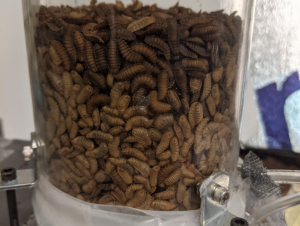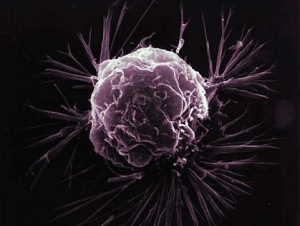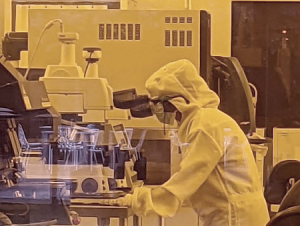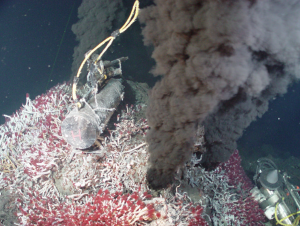To request a media interview, please reach out to experts using the faculty directories for each of our six schools, or contact Jess Hunt-Ralston, College of Sciences communications director. A list of faculty experts is also available to journalists upon request.
Latest News
Minda Monteagudo is a one-of-a-kind student, literally. She is the first student to ever graduate with a Ph.D. in ocean sciences and engineering from Georgia Tech.
Black soldier fly larvae devour food waste and other organic matter and are made of 60% protein, making them an attractive sustainable food source in agriculture. But increasingly, larvae are dying before they reach livestock facilities as feed. Georgia Tech researchers provide insights into how this insect superfood can be raised and fed in dense groups without overheating.
John McDonald and Zainab Arshad have identified novel changes in gene network interactions associated with cancer that may lead to new treatment targets for chemotherapy. Their work, published in iScience (Cell Press), shows that more than 90% of changes in gene network interactions in nine types of cancer studied are not detectable by current tests focused on changes in gene expression.
In his tenure as a faculty member at Tech, Alonzo Whyte, academic advisor for both the Health and Medical Sciences Minor and the B.S. in Neuroscience program, has seen a diversity of routes that students take on the path to a pre-health career. Today he shares some advice on success stories, mistakes to avoid, and resources to explore.
An interdisciplinary team of Georgia Tech researchers are pushing the boundaries of microelectronics technologies and showcasing their work at this month's IEEE International Electron Devices Meeting (IEDM).
Chris Reinhard, School of Earth and Atmospheric Sciences associate professor, co-authors a new theory about the Earth's phosphorus cycle, which could give scientists a better chance to detect signs of life on other rocky planets in the search for habitable worlds.







